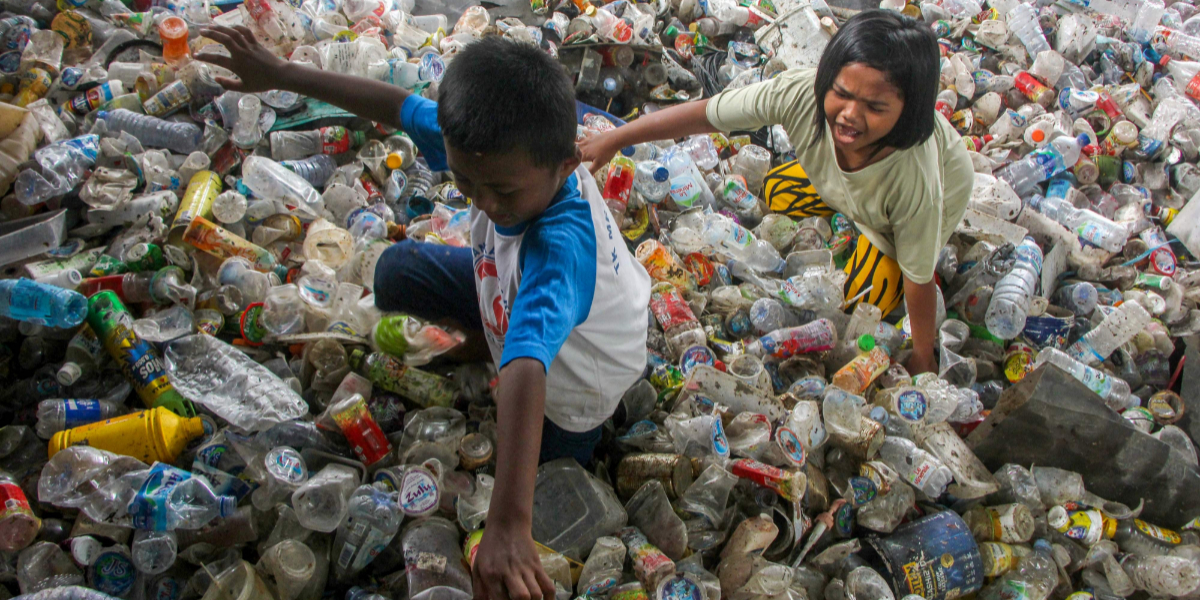War fever runs high
There is no sign of de-escalation of tension and invasion of Ukraine...

World leaders are under pressure to conclude years of talks on an agreement to protect open oceans that help sustain life on Earth, cover almost half the planet and currently fall under no country’s laws.
As plans to protect and restore ecosystems across the world are mainstreamed, conservationists hope an oceans summit in France this week will give fresh momentum to efforts to finalise a legally binding UN treaty on the high seas.
The issue could not be more urgent, they say.
Oceans produce half the oxygen we breathe, regulate the weather and provide humanity’s single largest source of protein. But they are being pushed to the brink by human activities.
Carbon dioxide emissions and global warming drive devastating heatwaves and acidification, while humans have fished some marine species to the edge of extinction and used the world’s waters as a garbage dump.
“The oceans as a whole are becoming warmer, the salinity levels are increasing. There’s less oxygen for marine life,” said Liz Karan, an expert with The Pew Charitable Trusts.
Even if a new treaty cannot solve all these problems, she said the accord was “more important than ever”.
“What it can do is to ensure that there are refuges in place, great protected areas in place, that can give marine species a chance to breathe, an opportunity to survive and adapt to climate change.”
Today, a patchwork of agreements and regulatory bodies govern shipping, fishing, and mineral extraction, while the UN Convention on the Law of the Sea, negotiated in the 1970s, lays out rules for how far a nation’s zone of influence extends beyond its shores.
But despite two decades of consultations and negotiations, there is still no treaty protecting international waters — those marine areas beyond national jurisdiction, accounting for about two-thirds of the world’s oceans.
A new round of UN talks in March will aim to conclude the agreement.
“We sometimes say this is the most important environmental treaty that most people haven’t even heard of,” said Peggy Kalas, director of the High Seas Alliance, which brings together some 40 NGOs and the International Union for Conservation of Nature (IUCN).
The issue is finally gathering wider attention, she said, adding that meetings like the One Ocean Summit being held this week in the north-western French port city of Brest can help add to the pressure on governments to reach an agreement.
“It is really the greatest opportunity in a generation to conserve ocean life and diversity on a global scale,” she told AFP.
Several issues divide nations on how best to manage the world’s vast expanse of open ocean.
The concept of marine protected areas has gathered significant international support, with more than 75 countries backing a plan to create conservation areas covering 30 percent of the world’s land and oceans by 2030.
Catch all the Business News, Breaking News Event and Latest News Updates on The BOL News
Download The BOL News App to get the Daily News Update & Live News.